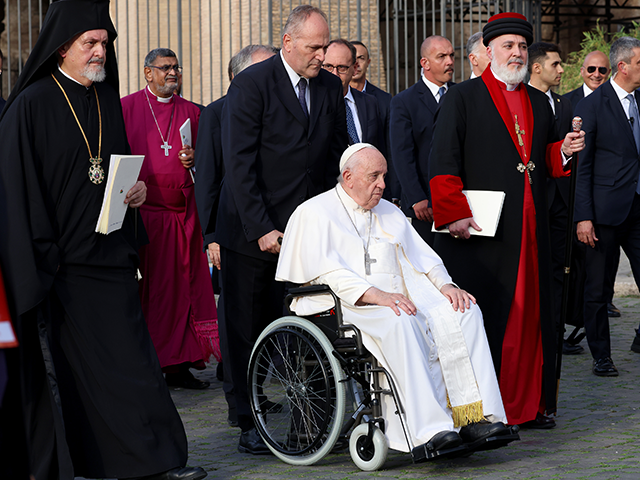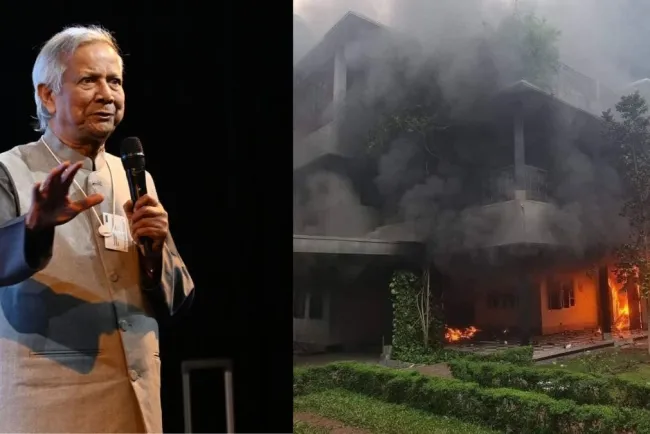Iran-U.S. Nuclear Talks: A Critical Junction for Diplomacy
Amid escalating tensions, Iranian and U.S. delegations are poised for crucial discussions in Oman, as President Donald Trump asserts that Iran must not possess nuclear weapons. The stakes are high, with both sides aiming for a breakthrough in negotiations.
In a significant diplomatic moment, U.S. and Iranian representatives are set to engage in talks in Oman, focusing on Iran's contentious nuclear program. President Trump has made it clear that Iran's pursuit of nuclear weapons is unacceptable, emphasizing, "I want Iran to be a wonderful great happy country, but they can't have a nuclear weapon." As the discussions commence, the White House has issued stern warnings to Iran regarding the consequences of failing to comply with nuclear disarmament.
Direct Talks and Diplomatic Pressure
White House Press Secretary Caroline Levit articulated Trump's unwavering stance, stating, "All options are on the table" should diplomatic efforts falter. The administration's objective is unequivocal: to prevent Iran from acquiring nuclear capabilities. Levit emphasized that negotiations would be direct, countering Iranian assertions of indirect discussions. This clarity aims to establish a transparent dialogue aimed at addressing the nuclear impasse.
Iran's Position on Negotiations
Ali Shamkhani, a senior advisor to Iran’s Supreme Leader, indicated that Tehran is seeking a "real and fair agreement" regarding its nuclear program. He suggested that Iran has prepared viable proposals, asserting that a path to agreement could be achievable if the U.S. approaches the negotiations with sincerity. This statement reflects Iran's desire for diplomatic engagement while maintaining a cautious outlook on the potential for fruitful outcomes.
Flexibility Amid Skepticism
Steve Witkoff, leading the U.S. delegation, acknowledged the complexities of the talks but expressed a willingness to explore compromises. He reiterated that the weaponization of Iran's nuclear capability is a crucial red line for the U.S. Despite these assurances, the mood in Tehran remains one of skepticism. Recent protests in the capital illustrated public distrust, with demonstrators voicing concerns that negotiations with the U.S. are futile. Slogans like "Down with the USA" echoed sentiments that many Iranians feel the U.S. has not changed its behavior enough to warrant renewed trust.
Implications for Regional Stability
The outcome of these talks holds significant implications not only for U.S.-Iran relations but also for broader regional stability. The stakes are amplified by the potential for nuclear proliferation in the Middle East. Should the talks falter, the risk of escalation in tensions between the U.S. and Iran could have far-reaching consequences for global peace and security.
Conclusion
As the delegations prepare to meet, the world watches closely to see if these crucial discussions can lead to a breakthrough in nuclear negotiations. With both sides expressing firm positions yet hinting at the possibility of compromise, the coming days will be pivotal in determining the future of Iran's nuclear ambitions and the stability of the region. The essence of diplomacy will be tested as both nations navigate their complex relationship amidst skepticism and hope for a peaceful resolution.
Stay informed on the developments of these negotiations and their implications for global security by following our blog.
What's Your Reaction?
















